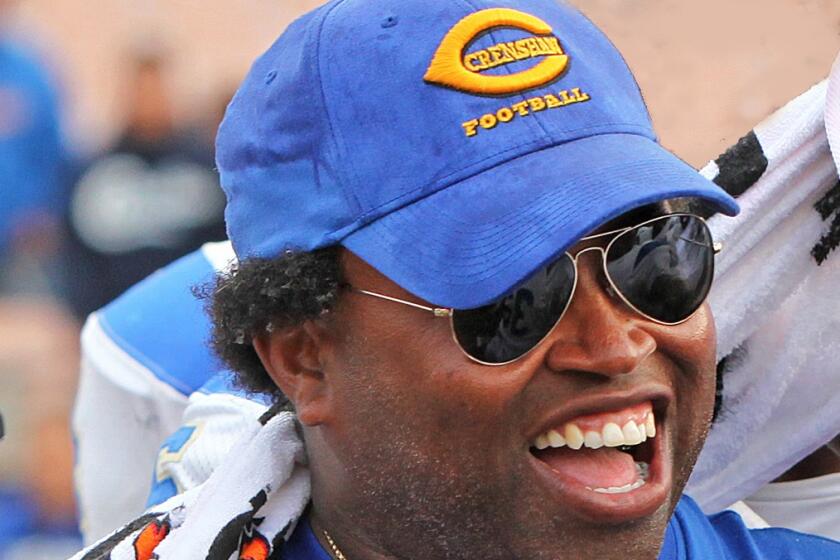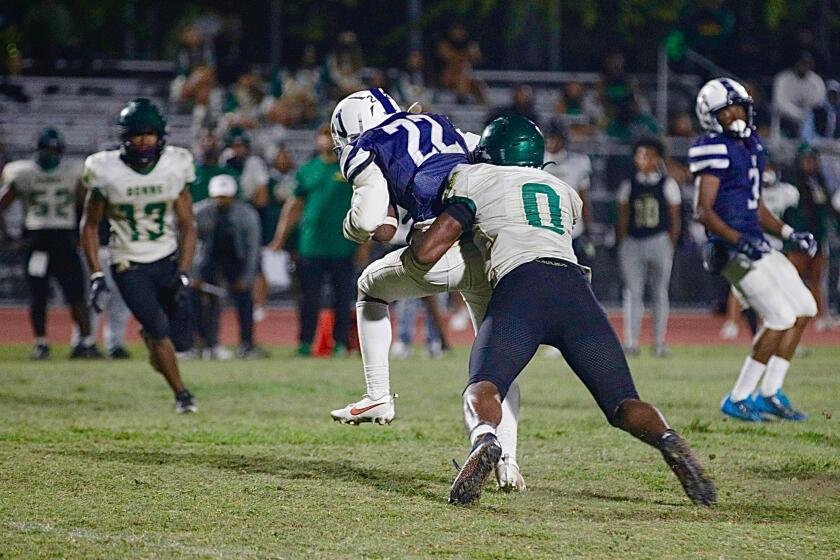Conspiracy? Maybe, but It Makes Sense
To collude : To act in conspiracy, to plot. Collusion : Secret agreement or cooperation for a fraudulent or deceitful purpose. --Websterâs New Collegiate Dictionary
Once upon a time, there was a game called major league baseball and the owners thereof had it all their way. It was the last stand of slavery in this century.
A player belonged to you in perpetuity. You had to outbid a dozen or so other owners for his services initially but thereafter he was all yours. The Supreme Court of the United States, no less, said so in 1922 when it exempted baseball from large areas of the Constitution, baseballâs version of the Dred Scott decision.
Baseball players were chattels sold or traded at auctions like longhorn steers. They had no say in the matter. If they didnât sign with the team that âownedâ them, they were free to go anywhere they wished--to a lube rack, a rubber factory, the post office--so long as it wasnât another baseball team.
It turned out that the owners were bound by no such restrictive covenants. They could move about freely--from Boston to Milwaukee to Atlanta, for instance. From Brooklyn to Los Angeles. Philadelphia to Kansas City to Oakland. Loyalties were one-way.
The only thing ballplayers could do--which some of them did--was go to Mexico. Ballplayers being ballplayers, hired mercenaries, they figured money was money. Not, they found out, when it was in pesos.
They sued to return. Baseball brought in its cleanup hitter again, Justice Oliver Wendell Holmes and the 1922 decision. But the litigation turned up the first chinks in baseballâs armor. Some of the dissenting decisions began to cast grave doubts as to whether 1922âs set of circumstances still prevailed in an era when the great god television had appeared on the scene.
But it was ultimately an old nemesis--greed--which undid ownership in baseball. Charlie Finley, owner of the Oakland Aâs, thought he had star pitcher Catfish Hunter locked in the same bag as he had, say, Vida Blue, Joe Rudi and Reggie Jackson. But he neglected to pay $50,000 of Hunterâs $100,000 salary on a deferred basis till he established who paid the tax on the deferred portion, which was to be in the form of an insurance annuity.
It was like dropping a fly ball in the bottom of the ninth in the seventh game of the World Series. The flood gates were opened.
You want to talk of how Babe Ruth revolutionized baseball with the home run, Maury Wills with the stolen base, or even the guy who invented the slider?
Their contributions pale in comparison to what a New York lawyer named Peter Seitz did to the game when he ruled Catfish Hunter a free agent. Players found they had only to refuse a contract for a year and they were free men. Also, rich men. Hunter signed with the Yankees for $3.5 million and the stampede was on.
Ballplayers flew around like butterflies. Babe Ruth never made more than $80,000, and Joe DiMaggio had to hold out to get $100,000, but .500 pitchers and .260 hitters were suddenly getting millions.
A marginal ballplayer had only to come on the market and ownerships were falling all over themselves in the competitive bidding.
Until last year . . .
And now, quality free agents are drifting around the baseball marts like derelicts becalmed in a dead sea. Jack Morris, maybe the American Leagueâs best pitcher year in, year out, the nearest thing to a Catfish Hunter to come on the open market in years, canât get a phone call returned. National League batting champion Tim Raines, who stole 70 bases and scored 91 runs, canât get arrested. Ray Knight, keystone of the Metsâ 1986 World Series, has to settle for less money at Baltimore than he would have gotten at New York rather than chance waiting till May 1 and ending up with no money and no place to play.
What has happened? Well, Marvin Miller, the longtime nemesis of the owners, thinks he knows collusion when he sees it.
How can George Steinbrenner, who shoveled fortunes at Reggie Jackson, Dave Winfield, Rickey Henderson and Tommy John, not empty the vault to get Jack Morris, who has pennant written all over him? How can he not leap at the chance to have an outfield with both Raines and Henderson in it? Why arenât 14 clubs running up the price of Lance Parrish, a catcher who hits 28-33 homers a year and gets the most out of a pitching staff?
Is it a case of conspiracy? Or of common sense? Is there a âgentlemenâs agreementâ to return baseball to the bad old days of a quasi-reserve system? Or have the owners arrived independently at the conclusion that free agents arenât worth the paper theyâre signed to.
Is it conclusion? Or collusion?
Itâs hard to believe 28 owners could exhibit that kind of restraint individually. On the other hand, baseball is being beseeched by TV networks to renegotiate, downward, its network contracts. Even though ABCâs and CBSâ six-year deal with baseball for $1.1 million has three years to run, they are believed to be urging baseball to scale down or void the contract.
Collusion may be hard to prove in most places in the world. Itâs not so difficult in America. Any time 28 Americans are in on a secret, itâs no secret. Some of them will talk, maybe all of them. Still, the stakes are high. If they can keep quiet--and off a witness stand--they can get to own their ballplayers again. That might be almost worth keeping your mouth shut for.
More to Read
Go beyond the scoreboard
Get the latest on L.A.'s teams in the daily Sports Report newsletter.
You may occasionally receive promotional content from the Los Angeles Times.










